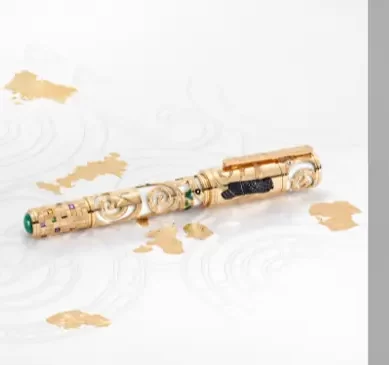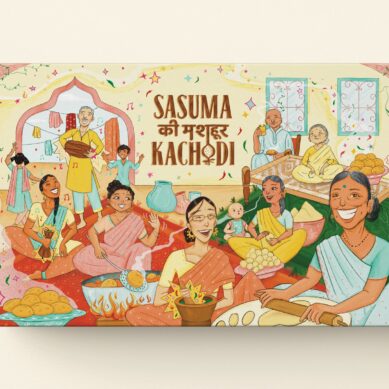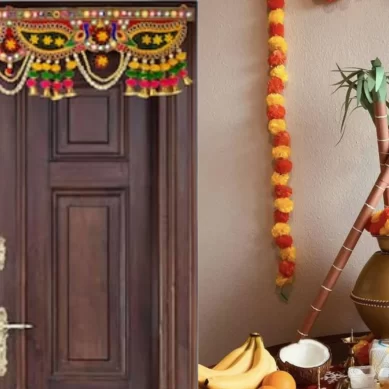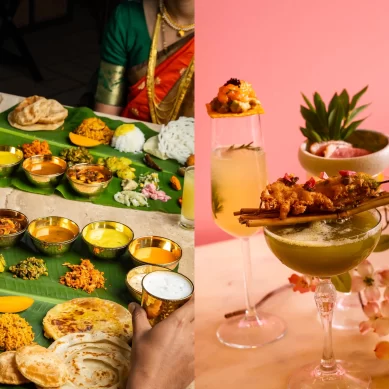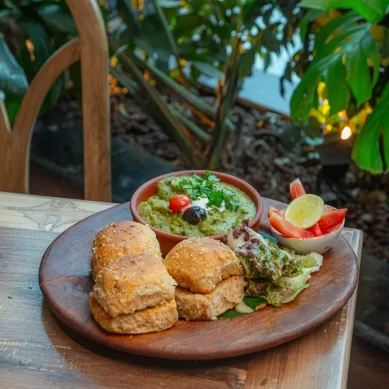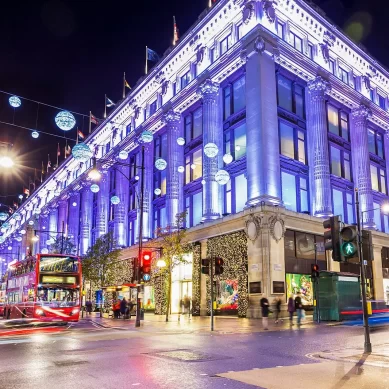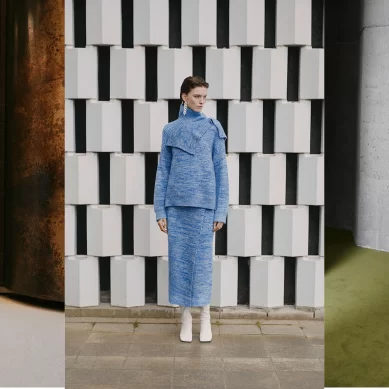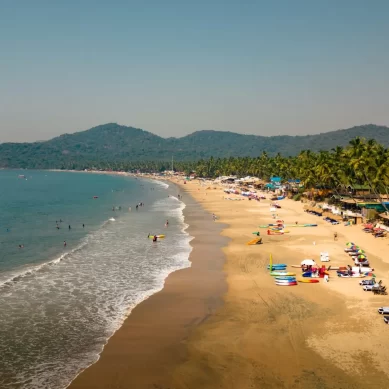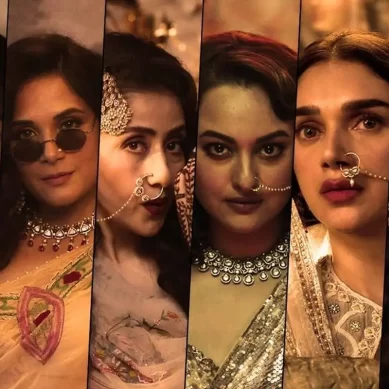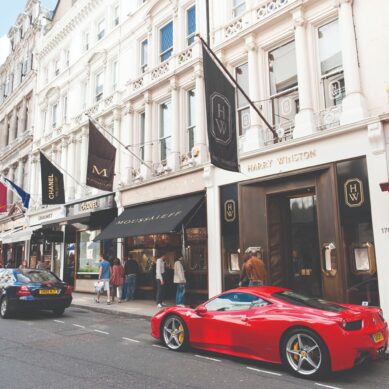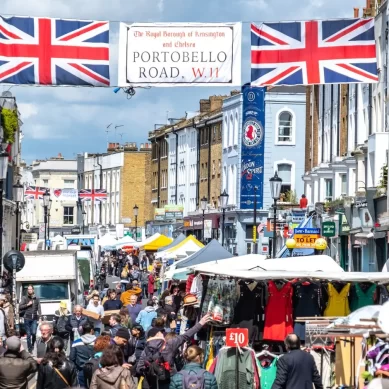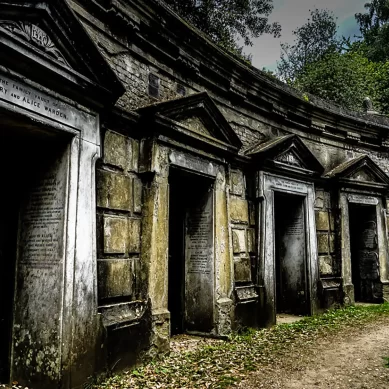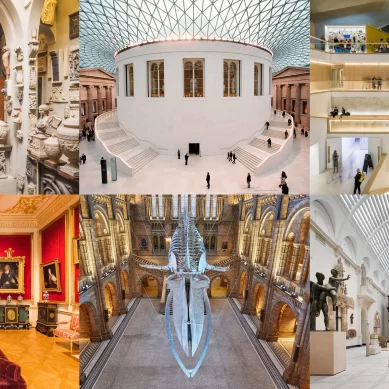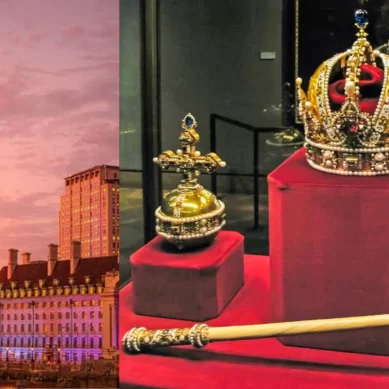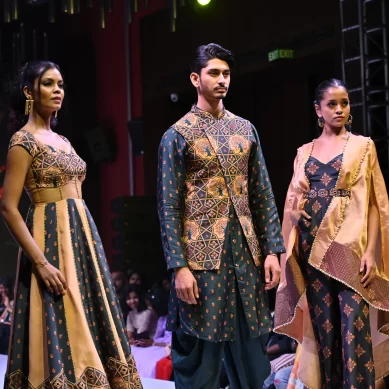Heeramandi is the name that we are all hearing on the internet. Thanks to the director of grandeur, Sanjay Leela Bhansali, the name has been uncovered after many, many years. The series Heeramandi will air on Netflix from May 1st. It is a period-based series based on the real situation that occurred during the time of British Raj.
It has been a misconception that Heeramandi was always the red-light area, which was known to be the central area of Lahore (then placed in ancient India under the British Raj). According to the documented history, Heeramandi bears Hira Singh’s name, the prime minister of the Sikh Kingdom of Lahore. After the invasion of Ahmed Shah Abdali, many captured women were dumped in the areas as prostitutes. The area gradually changed from being a grain market to something else.
Hidden Story of Heeramandi
Now the question arises: why is this place away from the history notes or any mentions in of the Indian factual documents? Heeramandi was the name used all across the nation before and during the British Raj in India.
The area, which was once known as Heeramandi, is among the most well-liked parts of Pakistan’s walled city of Lahore. The region gained notoriety in the 15th and 16th centuries as a major grain market and as the centre of undivided India’s tawaif (courtesan) culture.
Tawaifs were never prostitutes; rather, they were the epitomes of learned music and dance forms and they were very well educated as well. Tawaifs were the only sect of women who were allowed to walk among the major leagues of men and were very powerful politically and economically.
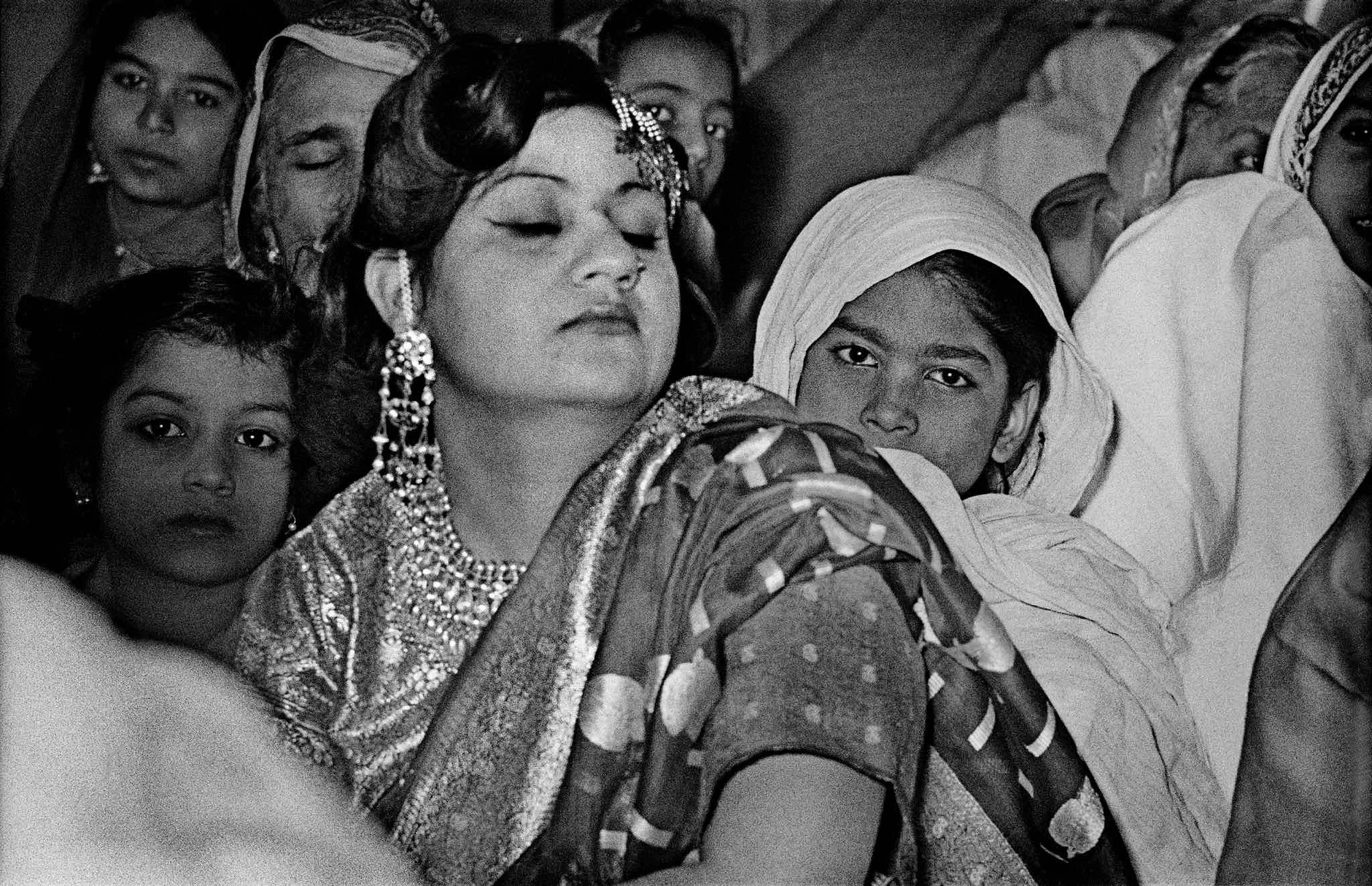
The most amazing part was that the women of Heeramandi played a major role in supporting the freedom fighters during the struggle for independence against the British Raj.
Women from Uzbekistan and Afghanistan were “introduced” to the region during the Mughal era, and courtesans were connected to dancing, singing, and other forms of culture. Later, the area became a centre of culture when ladies from the Indian subcontinent began travelling here to perform Kathak for the Mughals.
Known by many as Shahi Mohalla or the Royal neighbourhood, the area was originally developed as a residential area for royal court attendants due to its proximity to the Lahore fort. However, courtesans quickly moved in. Heeramandi appears like any other ordinary marketplace during the day, offering food, juttis, musical instruments, etc., but at night it transforms into something entirely different.
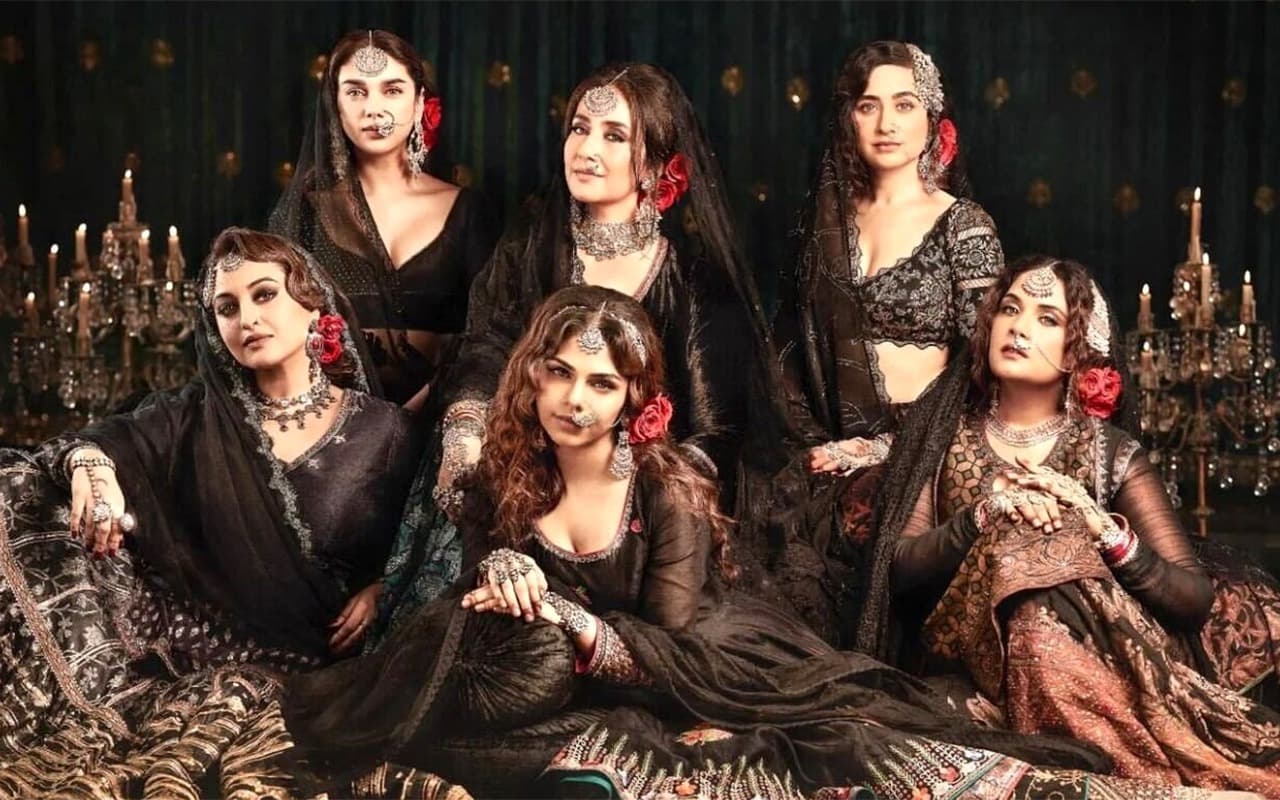
Bollywood Hungama
The women captured by the troops of Abdali were from surrounding regions and they were put up in Heeramandi. The area of Heeramandi became the major business area, and Heeramandi saw a further rampant rise during the British Raj.
The unfortunate aspect of the Mughal era’s downfall was that foreign invasions ruined the imperial palace’s courtesan house. Prostitution increased as a result of this.
But when the partition was announced and the then-India was divided into two countries—India and Pakistan—Heeramandi was set to be one of the worst-affected regions. Women staying in the brothels in the region fled to India before the lines separating the countries were drawn, and the ones who stayed were exploited under the guise of the unrest in both regions.
Heeramandi Series filled with diamonds of industry:
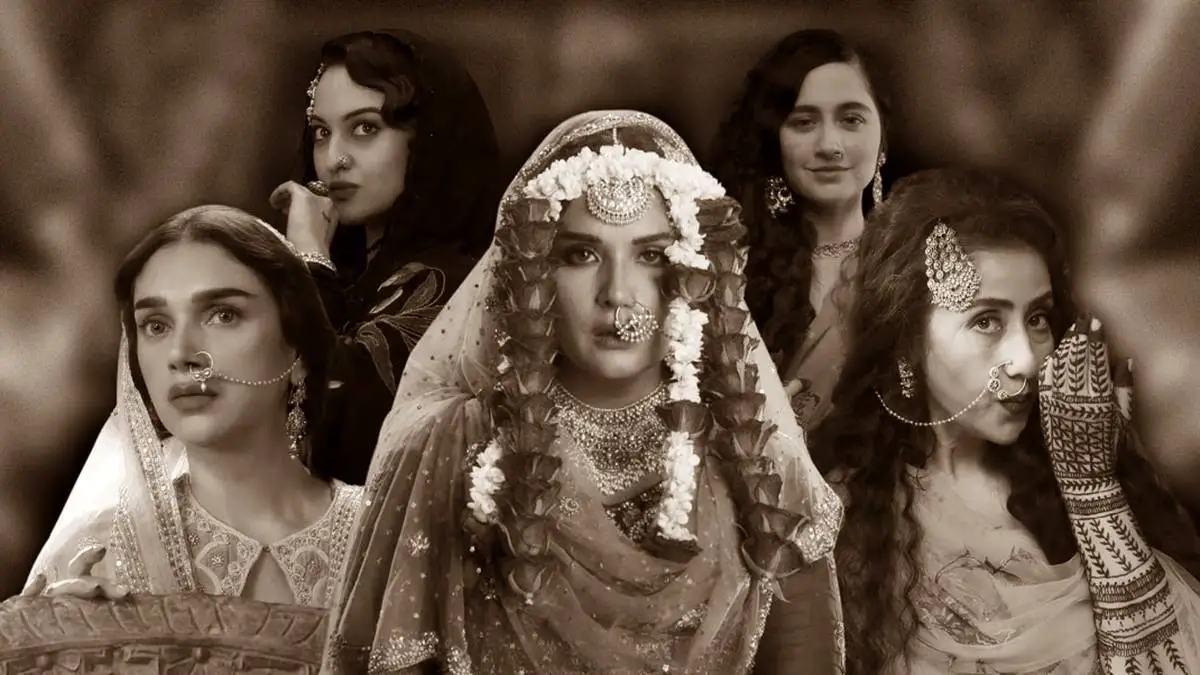
The Financial Express
The series Heeramandi is a star-studded venture. Manisha Koirala, Sonakshi Sinha, Aditi Rao Hydari, Richa Chaddha, Sanjeeda Sheikh, and Sharmin Segal feature in Heeramandi: The Diamond Bazaar. According to the official series summary, “A young heir caught in the crosshairs of a power battle in Heeramandi chooses love over succession, upending the status quo.” The last link preserving the art of tawaifs (courtesans) is tested in pre-independence India against a developing liberation movement.
The 14-year filmmaker’s passion project, Heeramandi: The Diamond Bazaar, is hailed as an epic tale of love, power, retribution, and freedom. produced by Prerna Singh and Sanjay Leela Bhansali, with Moin Beg credited with the idea



